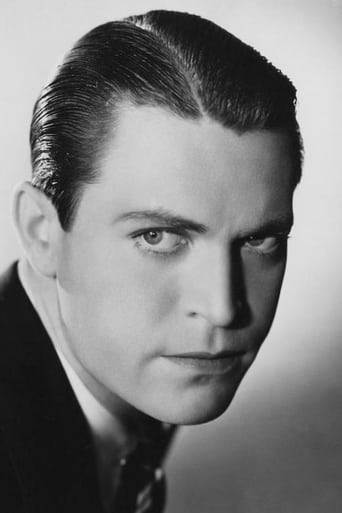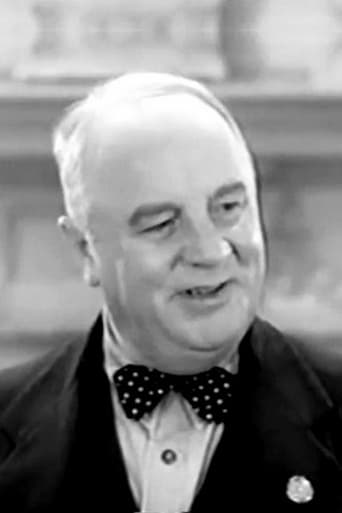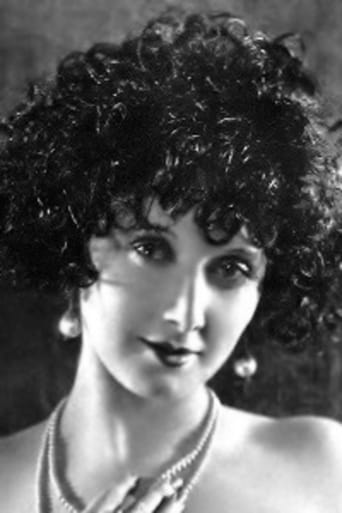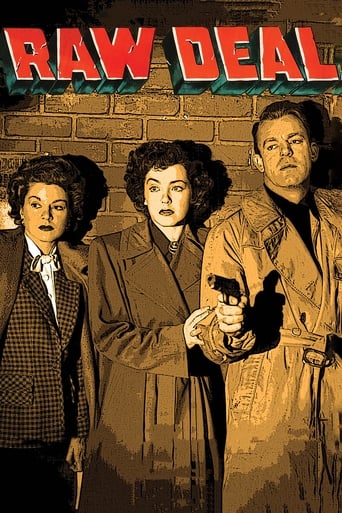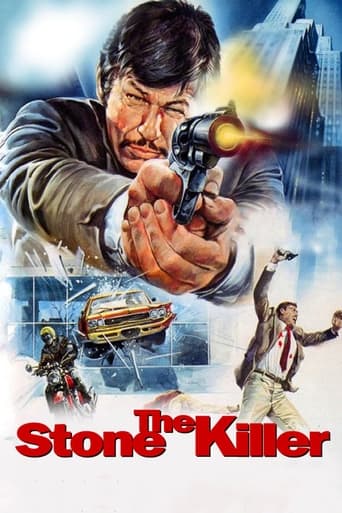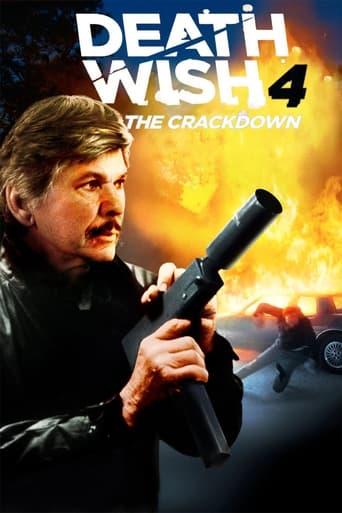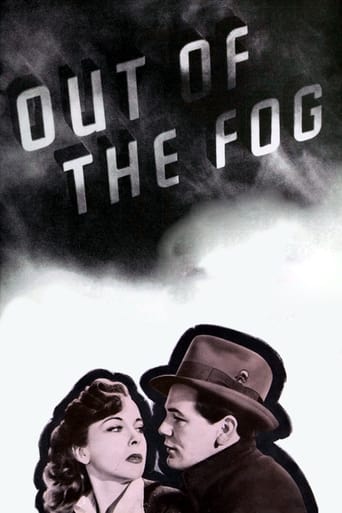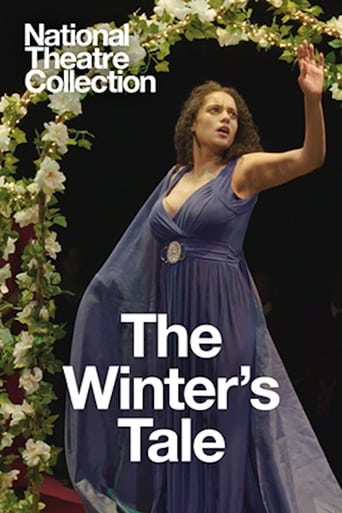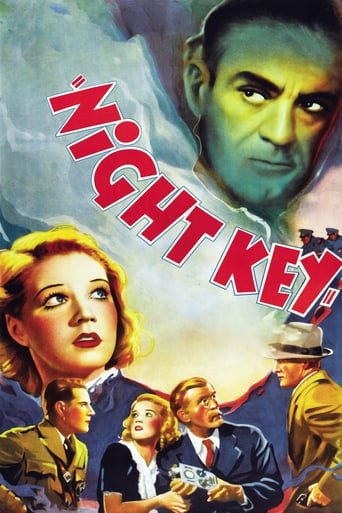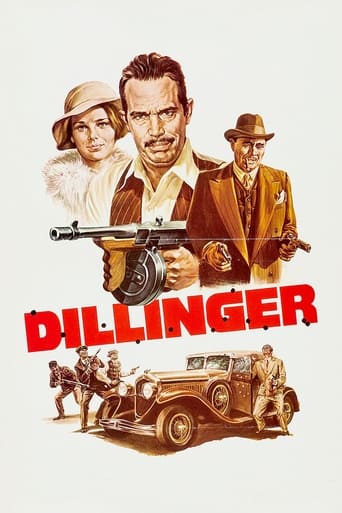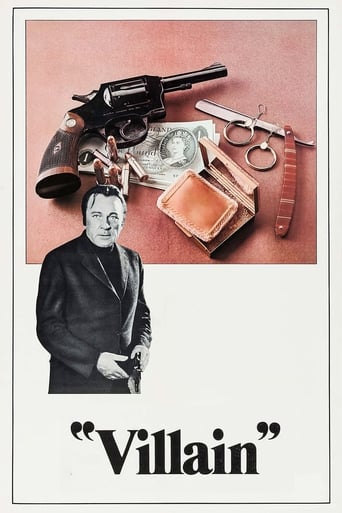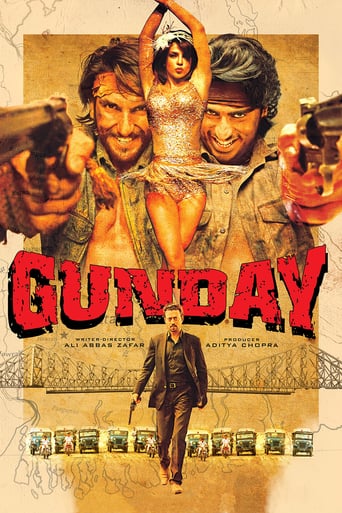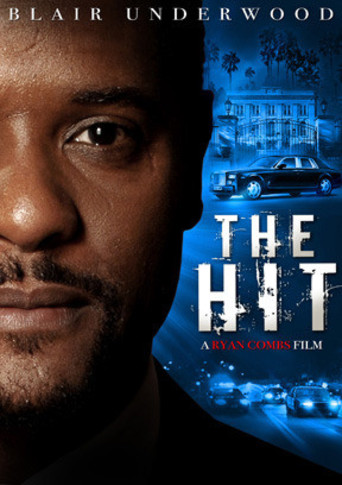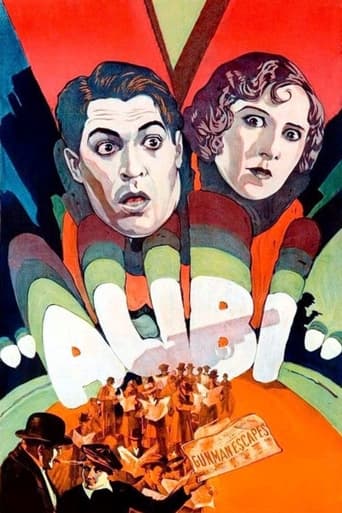
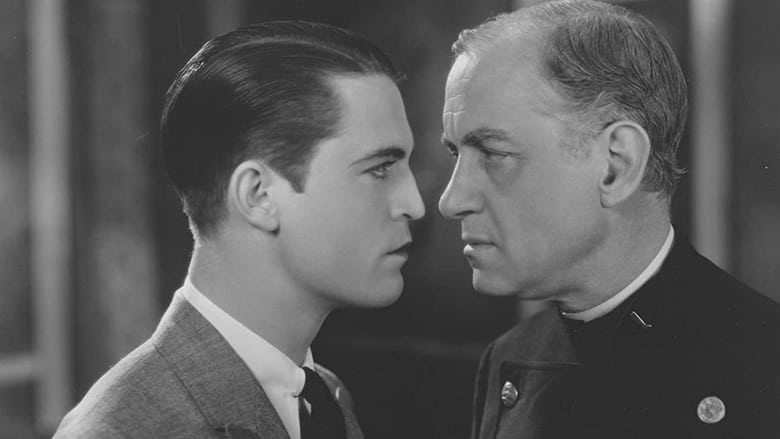
Alibi (1929)
Chick Williams, a prohibition gangster, rejoins his mob soon after being released from prison. When a policeman is murdered during a robbery, he falls under suspicion. The gangster took Joan, a policeman's daughter, to the theater, sneaked out during the intermission to commit the crime, then used her to support his alibi. The detective squad employs its most sophisticated and barbaric techniques, including planting an undercover agent in the gang, to bring him to justice.
Watch Trailer
Cast


Similar titles
Reviews
How sad is this?
Strong acting helps the film overcome an uncertain premise and create characters that hold our attention absolutely.
Like the great film, it's made with a great deal of visible affection both in front of and behind the camera.
It's the kind of movie you'll want to see a second time with someone who hasn't seen it yet, to remember what it was like to watch it for the first time.
Alibi (1929) ** (out of 4) Early talkie has a gangster (Chester Morris) released from prison and deciding to go straight. He married a police captain's daughter (Mae Busch) but soon afterwards police begin to think he was behind a cop killing. This thing was a huge hit back in the day and even got Oscar nominations for Best Picture and Best Actor but time hasn't been too friendly to this thing. Like many early talkies, the film spends way too much time letting the viewing know that it can talk. In fact, the first minute is nothing more than various police hitting their nightsticks up against a wall so that the sound effects can come through. Also with most early talkies, the characters just keep talking and talking and most of the talk has nothing to do with the plot of the film. Director Roland West does a nice job in certain aspects but I guess you can't blame him since I'm sure the studio was wanting to show off this new format. Future Boston Blackie star Morris is good in his role but it's Busch who steals the show. Some might remember her from The Unholy Three as well as several Laurel and Hardy shorts.
Aside from wine and cheese, not all things age well. Like a gallon of milk, over time this film has started to sour--thanks mostly to changing and improving film-making. In fact, had this film been made just a year or two later, it would have been much easier to sit through. Unfortunately, this can be said of most films made in 1929. This was a transition period in which silent films were changing to sound and the technology frankly wasn't very good. Plus, since this was all new territory, the films tended to be very, very stagy--mostly because the sound men had no idea how to compensate for people as they moved away or towards microphones. This is all painfully obvious with ALIBI. Some characters are loud and easy to understand, others appear as if whispering and others have their voices fade as they move. Additionally, the film looked a lot like a play in parts as they used very long single shots with few inter-cut scenes. Plus, it was obvious some scenes were originally filmed as silent because the standard 24 frames per second (used for all sound films) made these segments seem like people were moving too quickly (as silents were filmed anywhere from 16 to 22 frames per second).As for the plot, it's a crime drama with a lot to like and a lot to hate. I liked how, at times, the film was rather gritty--particularly in the last few minutes (the building scene at the very end was amazingly tough and memorable--one of the best death scenes in film history). Some may also like how the cops in the film pretty much ignore the Bill of Rights--and weren't above slapping a confession out or someone or threatening them with guns! Some may also be appalled, but this is truly Film Noir-like in its sensibilities. But, the plot also is really stupid at times--with some of the dumbest criminals you'll ever see in films, clichés galore and a very sappy death scene that will practically make you cringe.Now as for the plot. For 1929, it was really quite good. If we'd had IMDb and the internet back then, a score of 7 or 8 wouldn't be unexpected. However, by today's standards, I'd have a hard time giving it anything more than a 2 or 3. So, splitting the difference, a 5 seems appropriate--for the time, a very good film but when seen today, it's terribly old fashioned and dull.
I know it is de rigor to inform readers if a comment contains spoilers but I want to issue an even sterner warning that this comment will treat the plot of ALIBI (1929) as mere fodder to be referred to in passing regardless of the consequences for those who haven't seen the film and who might want to maintain some sort of "suspense". For me the most interesting aspect of ALIBI is the fact that at this point (1929) the film industries of the US, Britain, Germany and France were equally capable of producing this type of film. The urban crime drama may have been pioneered by the French feuillade whose roots go back to written literature but it was perfected by Lang and the German School. Film Expressionism cried out for the geometrical shapes and dark shadows of the urban setting and the speed of what was just becoming known as 'modern life'. After all it was only in 1920 that 50% of the American population lived in cities even though the Jeffersonian ideal of the rural ideal was to linger in both film and literature until WW2.While expressionist lighting was used to tell the quintessential urban tale, the gangster story, in Germany, it was imitated around the world. The most adept imitator was Alfred Hitchcock, a one time art director who made his first film in Germany. It is important when discussing ALIBI to compare it to Hitchcock's contemporary effort BLACKMAIL, which was also shot in silent and sound versions. In fact ALIBI comes off as being vastly inferior. This is because ALIBI's auteur, Roland West is merely artistic while Hitchcock is an Artist.The disparity is most evident in the talking portions of ALIBI. There are problems with the sound which look like a compendium of SINGING IN THE RAIN gags. Sound levels vary and people are grouped, presumably to be in close proximity to the microphones. There is even a song in which the vocalist is seen badly lip synching to what, in the days before mechanical playback, must have been the actual singer off-camera. Hitchcock had a similar problem in that his female lead had a heavy Slavic accent and had to lip sync her entire role, which he pulled off far more effectively.The overwhelmingly biggest problem in the talking portions of ALIBI is the acting. Screen acting in talking films just hadn't been done and in this film everyone seems to be counting to three before talking. Its very off putting. Regis Toomy plays an undercover cop pretending to be a drunken stock broker referred to as "The Boy Wonder". He plays it like a grinning idiot with a silly broad smile on his face which seems to have been carved on in imitation of THE MAN WHO LAUGHED. No thought to the idea that he might appear sober and progressively get drunker and drunker, he's just a full time fool who couldn't have put over his act to a room full of ten year olds. Chester Morris, who was actually nominated for an Oscar for his performance, changes his demeanor as the role, NOT the character, demands. Released from prison, after a very effective silent montage, he assumes the leadership of a gang on no authority at all. His showy scene at the end where he becomes a blubbering coward reeks more of propaganda than drama. Re: All gangsters are yellow. When the undercover cop is discovered he is murdered somewhat inexplicably as knowing they were discovered the gang would have been better advised to get the hell out and not square accounts which would inevitably lead to the electric chair. However the necessities of propaganda required the villains kick the dog to confirm their sinister evil. Toomy has a super hammy drawn out death scene in which he actually wonders out loud why its getting dark. The academy might have thought this scenery eating was just the ticket in talking screen acting but apparently the public hated it and actors had to adapt to the new medium or else new actors untainted by the conventions of the stage brought in. Again, Hitchcock's characters are human beings, dualistic and inconsistent, their reactions ambiguous even to themselves. In ALIBI characters are set in stone and lack even free will. They act at the behest of a rigid morality tale whose points are hammered home. The police acquire information by literally pointing a gun at a suspects head not because they are tarred with the same brutal brush as the gangsters but to point out that this is the only way to treat 'them".The settings are over the top as well. Early geometrical deco, adapted from cubist designs and the neo-Mayan decorations of Frank Lloyd Wright (the curvilinear 'streamlined" deco was to come later) overwhelm the backgrounds. The silent scenes are very well shot. West knows the dramatic power of the dynamically unbalanced frame. Some shots use Caligari like angles and black and white shadows. There is a high shot of a car coming around a corner and stopping (done twice) which looks like it could have been lifted entire from Lang. (Also pointing out that as well as their film industries, automobile design hadn't yet diverged either.) Crowds pass by nighttime city streets as in Murnau. There are successful attempts at process shots and less successful attempts to use sound 'creatively'. Again, West's attempts pale beside Hitchcock's famous 'knife' sequence.As can be found in Roland West's IMDb biography, when he died he reputedly made a deathbed confession to Chester Morris that he murdered his mistress, Thelma Todd, whose death ended his Hollywood career. Morris and Todd co-starred in West' last film, CORSAIR (1931), another gangster melodrama. Apparently, unlike Hitchcock or Lang, West became involved in the gangster milieu rather than the cinematic arts.
One of the first scenes of ALIBI has a camera prowl an art deco night club and into the world of an ex-con (Chester Morris) Much of the film is stagy, including Morris' almost death scene. What makes ALIBI shine so well are the visual elements. The art-deco set direction, the incredibly well edited cop shooting sequence and a rooftop chase that looks more pen and ink rather than photograph makes up for the staginess.


